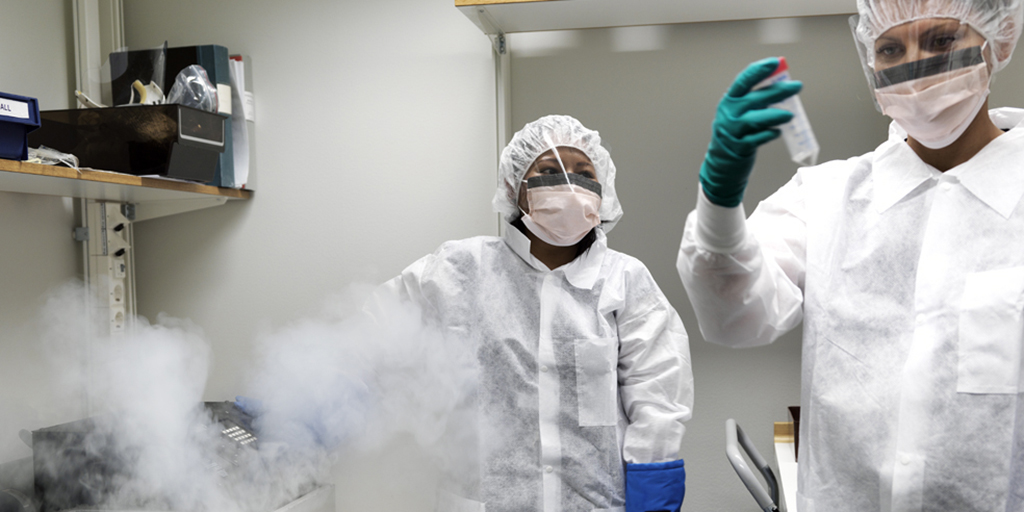
Forensic Genetics
merOur role is to analyze samples and conduct investigations on behalf of authorities including forensic medicine, courts, police, healthcare, and social administrations across the country. The majority of assignments involve paternity investigations, kinship investigations and identification of deceased using DNA technology.
Each year, we investigate the paternity for about 2,000 children in Sweden, mainly on behalf of municipalities and courts, but you are welcome to contact us to initiate a kinship case as a private person as well. We also perform kinship investigations on behalf of the Migration Agency.
DNA Identifications
In collaboration with forensic medicine and the police, we perform DNA identifications of deceased. In case of a disaster, we operate together with a number of agencies according to Interpol’s guide lines for disaster victim identification. We participated in the identification efforts following the Southeast Asia tsunami disaster in 2004.
Other Forensic Genetic Examinations
Sudden cardiac death (SDC) is a rare disorder that mainly affects young persons. An autopsy may not clarify the cause of death and a molecular analysis of genes involved in the function of the heart may be necessary. We perform about 80 SCDs every year to seek the cause of death.
Traces of crimes and unknown human remains may reveal evidence on a molecular basis. We analyze markers on geographic heritage, hair-and eye color to give a hint on what to search for in a forensic investigation.
Other commissions include DNA examinations for healthcare where assignments may involve twin analyses. Or, determination of species on behalf of the police or forensic medicine. in cases such as hunting violations.
Our Methods are Quality Assured
All analyses are performed using quality-assured methods and yield results that are reviewed in several independent steps. The laboratory is accredited since 1997 by Swedac (the national accreditation body for Sweden) according to the international standard ISO/IEC 17025. Information on the forensic genetic scope of accreditation is compiled and available on Swedac’s website. Information may also be provided by the department.
Specific information on forensic genetic cases is normally confidential according to Chapter 25, Section 1 of the Swedish Public Access to Information and Secrecy Act, which means, among other things, that our employees are under confidentiality obligations.
